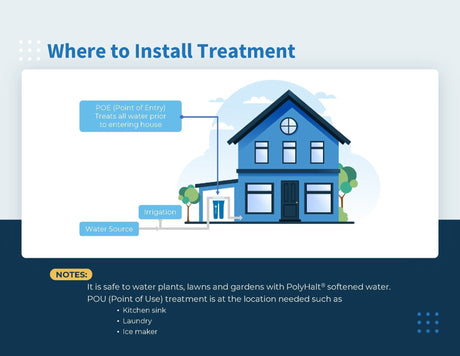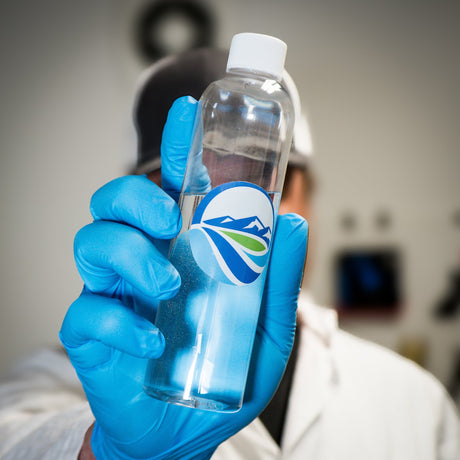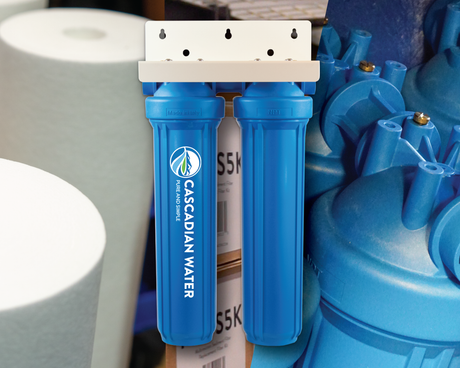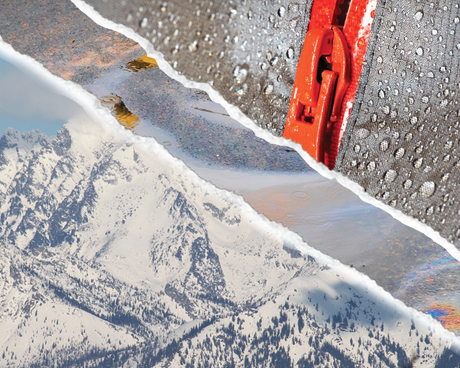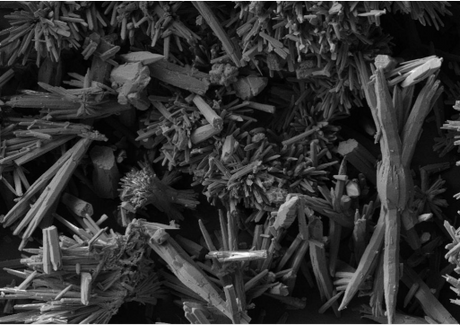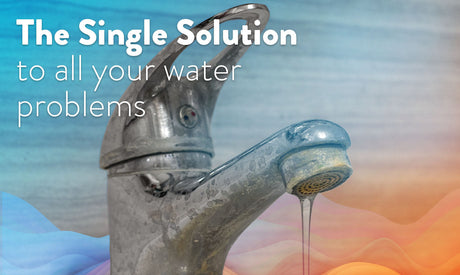Soft Water Loops & Modern Alternatives: What You Need to Know in 2025
Water treatment isn’t static—it evolves as building codes, technology, and environmental regulations shift. One feature homeowners often encounter when upgrading or retrofitting a softener system is the soft water loop. Once considered a standard for plumbing design, soft water loops are no longer the default solution in many areas. Today, we’ll break down what loops are, why they were used, and the smarter alternatives available in 2025.
What Is a Soft Water Loop?
A soft water loop is a dedicated plumbing line that routes hard water into a softener and then sends the treated (soft) water back into the home. It essentially creates a “loop” in your plumbing so that fixtures and appliances receive soft water while leaving some taps—often exterior hose bibs and irrigation lines—on hard water to conserve softened water.
For years, loops were installed during new construction to make future water softener installation easier. Builders saw them as a forward-thinking upgrade.
The Limitations of Soft Water Loops
While practical at the time, soft water loops come with a few drawbacks:
- Limited Coverage: Loops typically exclude kitchen cold taps, outdoor spigots, and sometimes even laundry. Homeowners often assume “whole house” softening, only to discover key lines are still untreated.
- Retrofitting Challenges: If your home doesn’t have a loop, adding one can mean opening up walls or re-piping sections of the house. That can be costly and disruptive.
- Not Universally Code-Friendly: Some municipalities no longer require or even recommend loops, given that modern softening systems can connect without them.
- Salt Waste Concerns: In areas with bans or restrictions on salt-based softeners, a loop tied to an outdated ion-exchange system may not even be legal to use.
Why Loops Are Becoming Obsolete
By 2025, many builders and homeowners are moving away from traditional loops because water treatment technology has advanced:
- Salt-Free Alternatives: Systems like Cascadian’s PolyHalt® ion-bond softeners don’t require dedicated loops. They connect easily to the main water line, condition water throughout the house, and don’t produce salty brine wastewater.
- Whole-Home Filtration Integration: More households want solutions that combine softening + filtration in one compact system. These setups bypass the need for separate loop plumbing.
- Smart, Demand-Driven Systems: Today’s advanced systems use sensors and flow-based regeneration, eliminating much of the water and salt waste that older loop-dependent softeners created.
- Municipal Restrictions: With bans on salt-based softeners active in parts of California, Texas, Connecticut, and beyond, plumbing loops designed for those systems are increasingly unnecessary.
Modern Alternatives in 2025
If your home has a loop, you can still use it—but you don’t have to. Homeowners today are choosing alternatives like:
- Point-of-Entry Filtration + Softening: Our flagship ICS-TP is designed for city water users who want effective, salt-free water treatment—without the hassle or footprint of traditional systems. On well water? Opt for the ICS-SP, which is designed for precise sediment filtration and softening for well water.
- Modular Systems: Cascadian ICS-TPU is our compact, whole-home solution that softens without salt and removes chlorine taste. It treats all the water in your home—no extra faucet, tank, or maintenance-heavy RO system needed.
- Portable Exchange Tanks: In areas where self-regenerating softeners are restricted, exchange services deliver fresh tanks and remove spent ones for off-site regeneration.
Cascadian’s Salt-Free Advantage
For over 30 years, Cascadian has led the way in salt-free water treatment. Our PolyHalt® ion-bond softeners:
- Work without a dedicated loop
- Require no electricity, no brine discharge, and no wasted water
- Keep healthy minerals in your water while preventing scale and hardness problems
- Deliver water that feels more like a mountain spring than a lab experiment
Whether your home has a loop or not, Cascadian makes it simple to install the right system—without retrofits or environmental headaches.
Final Word
Soft water loops had their place in older homes, but in 2025 Cascadian’s salt-free systems have set a new standard. Our PolyHalt® technology connects directly to your main line, delivers whole-home protection without brine waste, and keeps you ahead of tightening environmental regulations.
If you’re ready to move beyond outdated plumbing loops, Cascadian has the salt-free solutions to future-proof your water—and your home.



